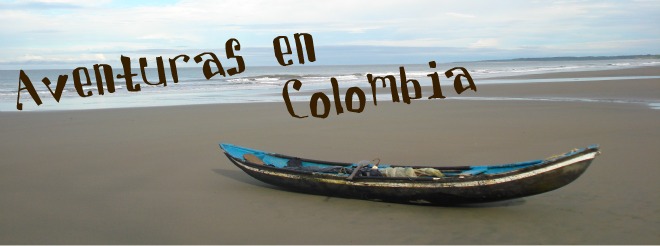In the era of global warming, environmental awareness, sustainable practices, and recycling, teaching ecology takes on a whole new form. It is hard to argue against the fact that education is paramount in affecting awareness and change. This year I had the unique opportunity to take my class of Pre-AP Biology students, all 11th graders, to a self-sustaining eco-community located about half an hour outside of Cali. While many of the ideas and ways of life implimented in this community - which includes about forty families and is governed entirely by women - are a little unrealistic for a contemporary lifestyle, I feel it is important for my students to see how thinking "outside the box" can, indeed, work.
Nashira, named after an indigenous goddess of abundance, uses solar energy for many of its power needs, including all the cooking. All of the buildings have been constructed using recycled materials to create the "cement" and composting sheds have been set up throughout the commun for equal access for all the individual gardens set up in each family plot. Each family is assigned and responsible for the opperation of one aspect that the entire community benfits from, for example the raising and collecting of hen and chicken eggs, the maintainence of the compost sheds, organizing the recycled and waste materials in the materials building, to name a few.
One the most ingenious aspects of the community is the main communal bathroom, called a
baño seco or "dry bathroom" as it is flushless and requires no traditional plumbing. This is not your average hole in the ground toilet, however! The toilet bowl is separated into two sections, for number one and number two, respectively. After doing number two, all that is needed is a scoop of dirt from the handy dirt container located next to the trash can. This goes into a recepticle apart from the urine and can be used as fertilizer, along with the toilet paper that is disgarded here as well.
My students had a great day and seemed to be really inspired by human ingenuity. After taking a guided tour of the community, doing two different workshops on waste disposal and making new paper out of recycled paper, and having a delicious
sancocho lunch cooked by solar power, we were all justifiably exhausted but also ready to bring some of these ideas back to school and to Cali. All in all, it was successful trip!
 |
| My Pre AP Biology class. |
|
|
 |
| Reduce, Reuse, Recycle! |
 |
| Waste management workshop |
 |
| Recycled paper-making workshop |






